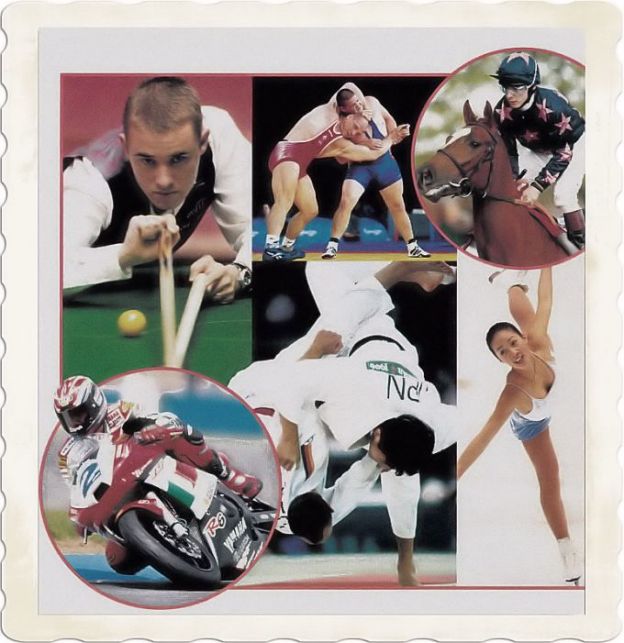
The Olympic Games short story, an article by English-Culture.com blog for sport lovers and students of English all over the world.
If you want to know more about the Paris 2024 Summer Olympic Games visit its website. Follow the worlds top athletes as they go for gold in France (Jul 26-Aug 11, 2024). Paralympic Games – Wednesday 28 August to Sunday 8 September.
The most important thing in the Olympic Games is not winning but taking part; the essential thing in life is not conquering but fighting well.
Pierre de Coubertin
The Olympics remain the most compelling search for excellence that exists in sport, and maybe in life itself.
Dawn Fraser
The Olympics are a wonderful metaphor for world cooperation, the kind of international competition that’s wholesome and healthy, an interplay between countries that represents the best in all of us.
John Williams
The Olympic Games have a history of about twenty eight hundred years. They are so called because they were first held at a town called Olympia in ancient Greece near Mount Olympus in Greece in 778 B.C. in honour of the Greek God Zeus. These games were held once in every four years, up to 394 A.D. when they were stopped by a royal order of the Emperor of Rome. When they were stopped, competitions were held in literature, arts, dance and music besides sports.
The Olympic Games were revived in 1894 by the effort of a French nobleman, Pierre-de-Coubertin, who founded the International Olympic Committee (IOC) in that year. As a result, the Olympics shifted away from pastime, to allow the participation of professional athletes. Today, the Olympic Games are the world’s largest athletic skill and competitive sport games. More than 200 nations participate in these games. Generally, the games occur every four years.
Being the Olympic Games the world’s number one sports event, for thousands of athletes they mean a chance to reach glory, but that is not all the games stand for. They are also an important symbol for billions of people around the globe, a symbol of hope peace and friendly co-operation between nations. There was always a flame at the ancient Games, symbol of We search for perfection and victory but it was not included in the modern games until 1928 in Amsterdam. It is said that it was lit at Olympia from the rays of the sun. It is carried to the Games by a series of runners, and it burns in the stadium throughout the events.
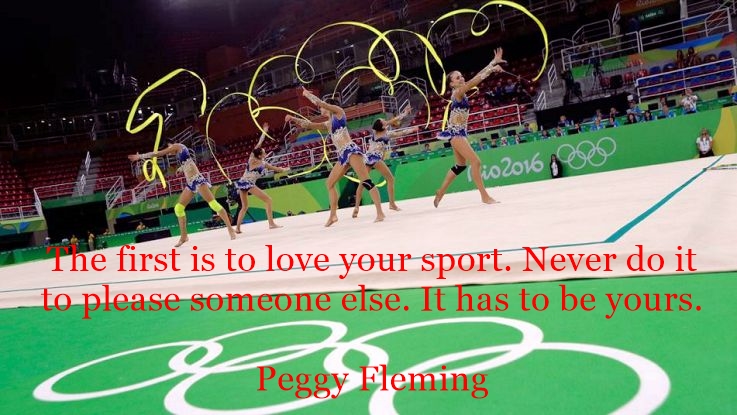
The ancient Olympics had some differences from the modern Games. There were fewer events, and only free men who spoke Greek could compete, instead of athletes from any country. Women were not allowed to even watch the games on penalty of death let alone play in them. Both the modern and Ancient Olympics have close similarities in their purpose and in their problems. Now 13000 athletes compete in 33 different sports in Olympic Games. The world has already seen 29 Olympic Games. The 30th Olympic Games took place in London in 2012. Now a days, the games become more popular to the audiences and the competitors.
The Olympics where held in Athens (Greece) in 1984. From then onwards the modern Olympic Games are being held once in every four years. There was a break, however, during the period of World War I and World War II. The 20th Olympics were held in 1972 at Munich (Germany). Later Olympics were held at Montreal, Moscow, Los Angeles, Seoul, Barcelona, Atlanta, Sydney, Athens, Beijing, London and Rio de Janeiro. The 2016 Summer Olympics (Portuguese: Jogos Olímpicos de Verão de 2016), officially known as the Games of the XXXI Olympiad and commonly known as Rio 2016, was a major international multi-sport event celebrated in Rio de Janeiro, Brazil, from 5 to 21 August 2016.
More than 11,000 athletes from 205 National Olympic Committees, including first time entrants Kosovo, South Sudan, and the Refugee Olympic Team, took part. With 306 sets of medals, the games featured 28 Olympic sports, including rugby sevens and golf, which were added to the Olympic program in 2009. These sporting events took place at 33 venues in the host city, and at five in São Paulo, Belo Horizonte, Salvador, Brasília, and Manaus.
The next 2020 Summer Olympics game will take place in Tokyo, they are planned to be held from 24 July to 9 August 2020. The city was announced as the host at the 125th IOC Session in Buenos Aires on 7 September 2013. It will also become the largest city ever in Asia to host the Summer Olympics, a distinction currently held by Seoul, which hosted the 1988 Summer Olympics. It will be the second time that Tokyo hosts the Olympics; it previously hosted the 1964 games.
The Olympic Games attract athletes of different countries, from all parts of the world. It is a symbol of international friendship and brotherhood. The Olympic symbol consists of give rings or circles linked together. The five rings represent five different continents – Europe, Asia, Africa, Australia and America. The linking represents unity. The five rings are of five different colours. They are Blue, Yellow, Black, Green and Red. The Olympic flag has interlinking rings on plain white background. The torch is first lit at Olympic in Greece and then taken to the place of meet by relay runners. Each athlete, who takes part in the games, has also to take an oath that he would respect and abide by the rules of the game.
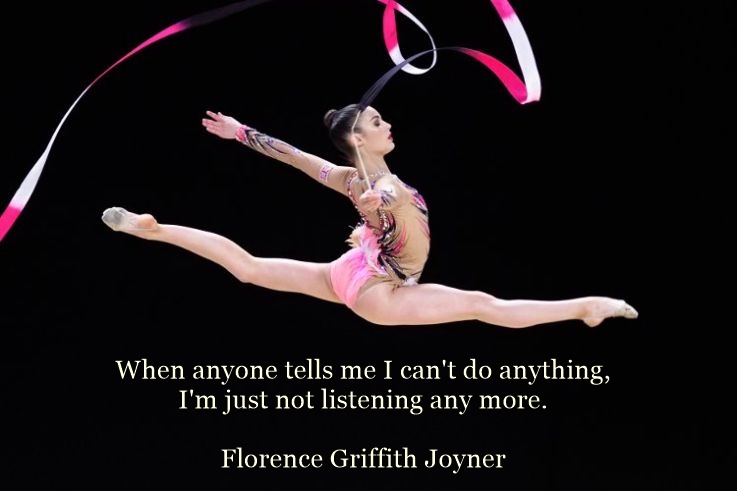
Competitions are held generally in the following games and sports and some others not quoted here: archery, athletics, badminton, baseball, basketball, boxing, canoeing, cycling, equestrian sports, fencing, football, gymnastics, handball, hockey, judo, modern penthalan, rowing, shooting, swimming, table tennis, tennis, volleyball, weightlifting, wrestling and yachting.
There are also Paralympic athletics games that are sports practiced by athletes with a physical disability who have competed at separate international events since 1952. It is governed by the International Paralympic Committee through its World Para Athletics subcommittee, and has been one of the sports at the Summer Paralympic Games since 1960. Rules for the sport are adapted from those set forth by the International Association of Athletics Federations (IAAF). The majority of rules for Paralympic athletics are the same as those for able-bodied competitions.
The Olympic flag is another very important symbol too. The five circles on it represent the five continents, each circle is a different colour, blue, black, red, yellow and green (all against a white background) and every national flag contains at least one of these six colours. Nowadays the games are officially opened by the host country’s monarch or political leader. There is a huge display of song, dance and music by the host country, the flame is lit, and the Olympic flag is raised while one athlete says these words: «In the name of all competitors, I promise that we will take part in the Olympic Games, respecting and abiding by the rules which govern them, in the spirit of sportsmanship for the glory of sport and the honour of our teams».
There have been two Olympic eras, ancient and modern. The modern era began in 1896 in Greece (like the ancient games) and will celebrate its centenary in Atlanta, USA. It all began when a Frenchman, called Baron Pierre de Coubertin revived the Games. He was a French aristocrat who was fascinated by the Ancient Olympics, so he decided in 1889 to try and revive them. He thought that the Games represented ideals which the modern world badly needed, cooperation between nations, honour, fairness and high morals Baron de Coubertin organized an international conference which took place in June 1894 at the Sorbonne University in Paris.
It was during this conference that the International Olympic Committee was set up, two very important decisions were made, that is Olympic Games would take place in Athens in 1896 and athletes from thirteen different countries would take part in the first modern Olympics. Earlier, athletes who won were crowned by olive branches. In modern times, the winners are awarded medals and certificates. Those who come first, are awarded gold medals. Those who stand second are awarded silver medals and those who are third are awarded bronze medals.
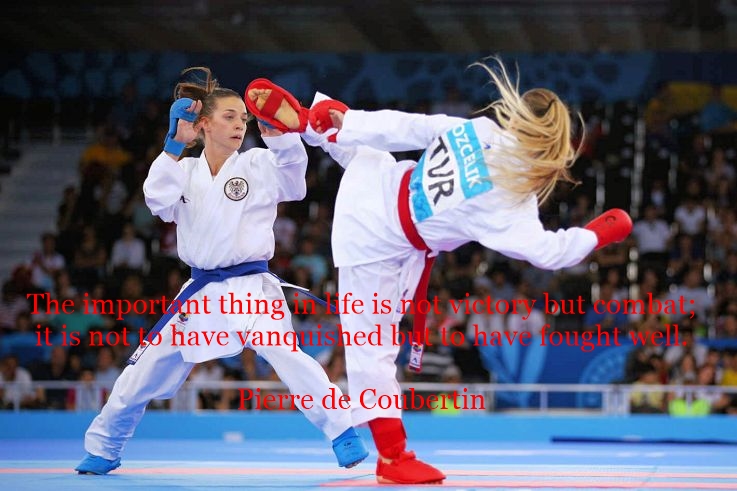
The Olympic Winter Games (official name) (French: Jeux olympiques d’hiver) is a major international sporting event held once every four years, for sports practised on snow and ice. The first Winter Olympics, the 1924 Winter Olympics, was held in Chamonix, France. The original five sports (broken into nine disciplines) were bobsleigh, curling, ice hockey, Nordic skiing (consisting of the disciplines military patrol, cross-country skiing, Nordic combined, and ski jumping), and skating (consisting of the disciplines figure skating and speed skating).
The Games were held every four years from 1924 to 1936, interrupted in 1940 and 1944 by World War II, and resumed in 1948. Until 1992 the Winter and Summer Olympic Games were held in the same years, but in accordance with a 1986 decision by the International Olympic Committee (IOC) to place the Summer and Winter Games on separate four-year cycles in alternating even-numbered years, the next Winter Olympics after 1992 was in 1994.
There have been several boycotts of the Olympics by various countries. The first came in 1956, when the Egyptian, Lebanese, and Iraqi teams boycotted the Melbourne Games to protest the invasion of Egypt earlier that year by the United Kingdom, France, and Israel. Major boycotts of the Olympics occurred again in 1976, 1980, and 1984 over various issues. The issue that prompted the 1980 boycott of the Moscow Games was the 1979 invasion of Afghanistan by the USSR.
From the 1940s to the 1980s, the IOC also had to deal with the political problems caused by divided nations. One dilemma concerned the Chinese Olympic team, after the political division of China in 1949 into the People’s Republic of China on the mainland and the so-called Republic of China on the island of Taiwan. Another issue was the 1949 political division of Germany into East Germany and West Germany. This raised the question of whether there was to be one German Olympic team or two. The IOC tried to solve this problem by insisting on a combined German team.
Terrorism has also darkened the Olympic ideal at several different Games. In the midst of the 1972 Munich Games, the Olympic movement experienced its most tragic hour. A band of Palestinian terrorists made their way into the Olympic village (where most athletes live during the Games), murdered two members of the Israeli team, and took nine hostages. When the IOC, meeting in emergency session, learned that a gunfight had broken out and that all nine hostages were dead, along with five of the terrorists, the Games were suspended for a day. The IOC’s controversial decision to resume the Games that year was endorsed by the Israeli government.
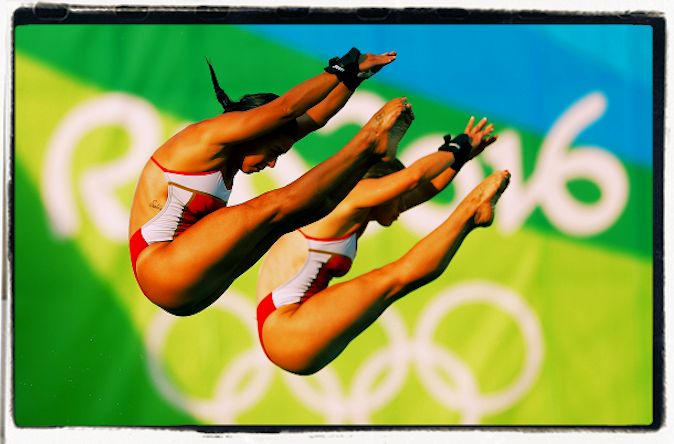
Having survived a century of warfare and political turmoil, the Olympic Games have become a gigantic global event in recent years, gaining more popularity and generating more money than ever before. A great deal of this popularity and wealth is due to the development of satellite communications and global telecasts. Not only can more and more people see the Games, but the television rights to the Games can be sold for hundreds of millions of dollars. With more money, the IOC can also subsidize the development of sports in less affluent nations.
In return for their money, however, television networks have gained a strong influence on when, where, and how the Olympics will take place. The Olympic movement has also become dependent on multinational corporations, who pay millions of dollars to become official sponsors of the game and to use Olympic symbols in their advertisements. This has led to the commercialization of the Olympic movement.
To conclude we can say that the main aims of the Olympics are to promote sport, to create a more friendly, peaceful world, to spread Olympic principles and to bring athletes together in a great sports festival every four years. We have to be fans of the Olympics because they make us feel optimistic, work together and do our best disregarding economical or political considerations. That’s why the Games represent a rare positive symbol for our problematic, chaotic and cruel world.
You can also read:



